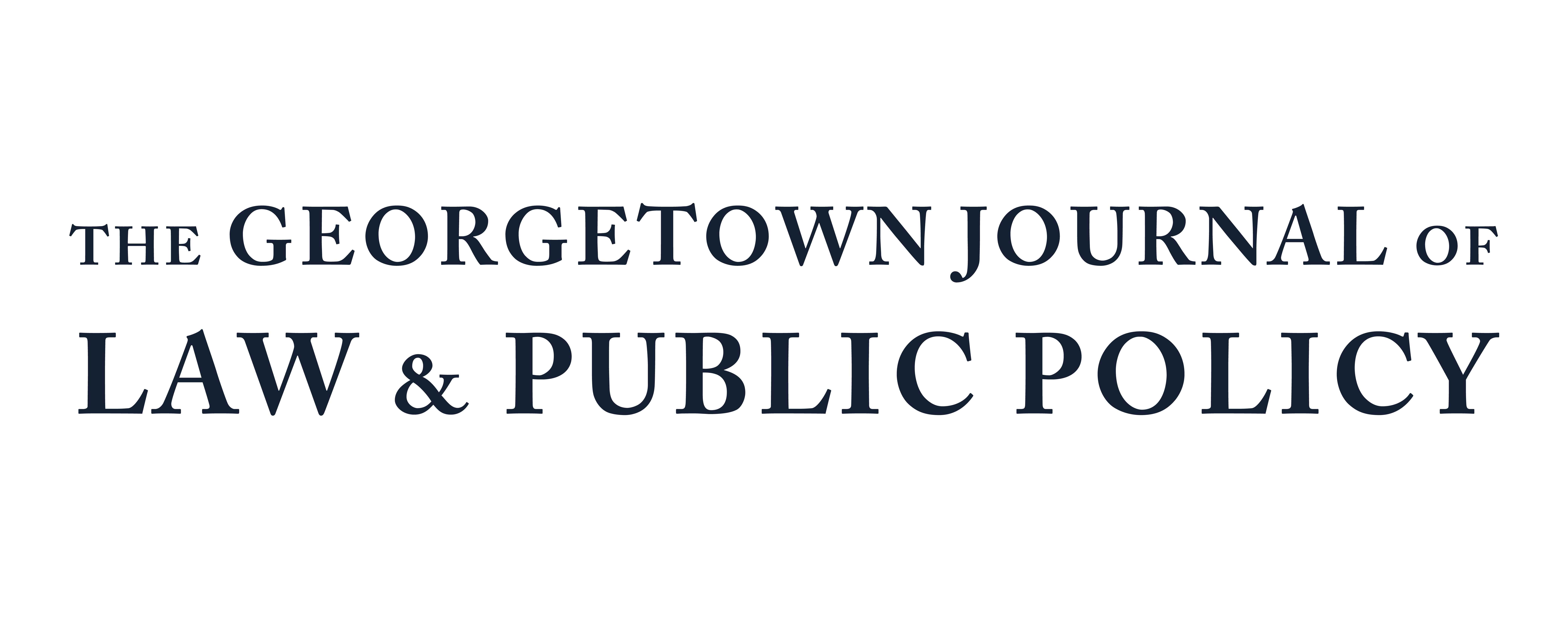James Wilson and the Ancient Constitution
The historiography of the medieval period became an ideological battleground in the seventeenth and eighteenth centuries. Whigs located in the remote Saxon past an “ancient constitution” of liberty, in which elected monarchs merely executed laws approved by their independent subjects in a primeval parliament. This republican idyll, they believed, was then tragically interrupted by the Norman Conquest of 1066, which introduced feudal tenures and, consequently, serfdom and absolute monarchy. Royalist historians, in contrast, insisted that the House of Commons had not existed in any form until the high medieval period. They likewise rejected the Whig conceit that feudalism was pathological because it amounted to monarchical absolutism. On the contrary, they claimed that the distinctive pathology of feudalism was its tendency to strengthen the barons at the expense of the king. Almost all American defenders of executive power in the 1770s and 1780s embraced this second, Royalist understanding of English history and integrated it into their political and constitutional theories. James Wilson, however, did not. His surprising, continuing allegiance to Whig historiography reflects a fundamental philosophical disagreement with his allies over the question of representation.
Keep Reading James Wilson and the Ancient Constitution
Subscribe to GJLPP
